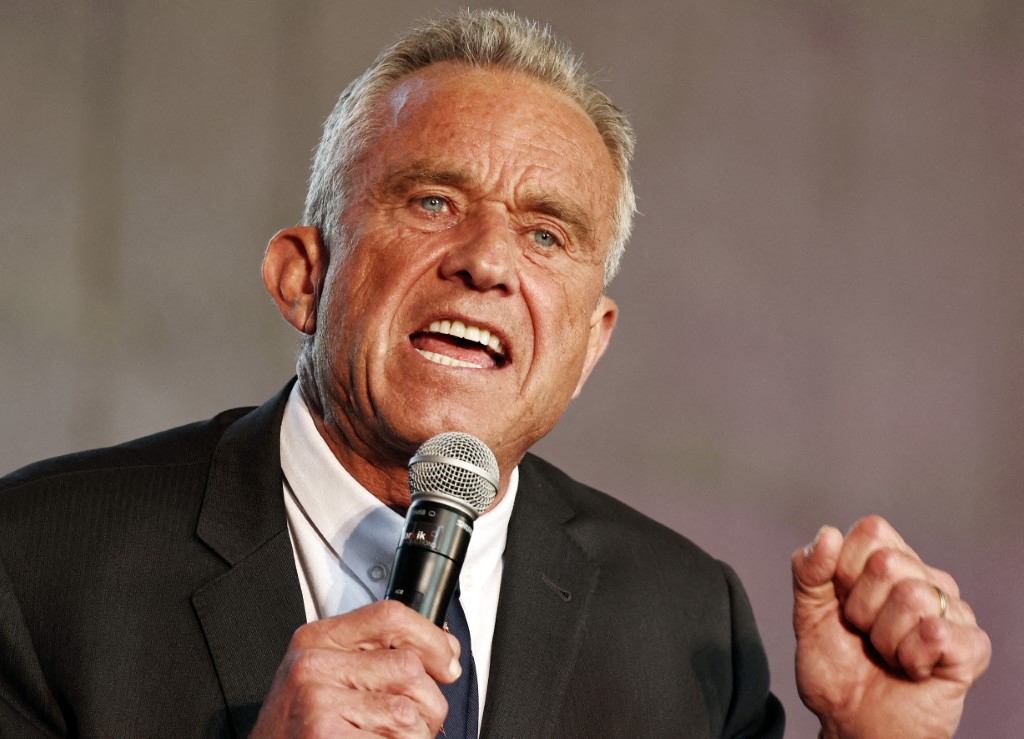Russia Vetoes UN Security Council Resolution Aimed at Preventing Space Weaponization
In a striking display of dissent, Russia has exercised its veto power against a UN Security Council resolution co-authored by the United States and Japan, igniting global dialogue on the militarization of space and raising questions about intentions and security.
Published April 26, 2024 - 00:04am
Image recovered from assawsana.com
Russia thwarted an American-Japanese resolution at the United Nations Security Council which urged all nations to prevent a nuclear arms race in outer space and avoid deploying any weapons of mass destruction into Earth's orbit. The Russian veto, which went against the international consensus, promised an alternative draft resolution to address the issue.
The resolution, supported by 13 of the 15-member council, was met with abstention from China, highlighting the geopolitical intricacies surrounding space weaponization. This move by Russia, casting the lone veto, has not only prevented the resolution's adoption but also prompted the United States to question Russia's motives, citing President Vladimir Putin's public assurance that Russia has no plans to position nuclear weapons in space.
The rejected US-Japanese draft resolution called for compliance with the 1967 Outer Space Treaty—a pivotal agreement to which both the United States and Russia are signatories—which outlaws the placement of WMDs in space. This treaty is traditionally seen as a cornerstone of space disarmament efforts.
Before the vote, Russia and China had sought to modify the proposed text to include a call for urgent action by 'especially those states with major space capabilities' to prevent the deployment of any weapons to outer space. The amendment, ultimately rejected for insufficient support, underscored divisions in the Council over how to approach the non-weaponization of space.
In response to the US accusation of undermining non-proliferation systems, Russia's Permanent Representative to the UN, Vassily Nebenzia characterized the American-Japanese proposal as a cunning Western ploy. He stressed that Russia's own amendment would have prohibited the deployment of all types of weapons in space, not just WMDs, suggesting a more comprehensive peace-building measure was being blocked.
China, aligning itself with Russia on the need for broader disarmament, asserted that such resolutions should be tackled within dedicated disarmament committees and related conferences. China also supported parts of the resolution related to the 1967 Outer Space Treaty but insisted on the inclusion of all weapon types, not just nuclear ones, in the prohibition against space deployment.
As the geopolitical climate grows tenser, this episode reflects broader concerns over the militarization of space and its implications for international security. The United States' Linda Thomas-Greenfield expressed disappointment but vowed that the setback would not deter efforts toward disarmament commitments. Meanwhile, the international community waits to see Russia's forthcoming draft resolution, hoping it might provide a pathway to consensus and the restoration of trust in existing arms reduction commitments.
The stalemate at the Security Council reflects a longstanding struggle to extend the legal framework beyond the Outer Space Treaty's parameters, especially as technological advancements enable the potential for an arms race in space. The Cold War-era treaty remains the only arms control agreement to explicitly ban weapons of mass destruction from space, yet it does not address the concerns of modern military strategies and today's more advanced weaponry.
Experts note that the advancements in satellite technology and anti-satellite (ASAT) weapons have created a new frontier that is not explicitly regulated by existing international law. Discussions around space security have evolved to cover not just the presence of weapons in space, but also the peaceful use of outer space, and the prevention of an arms race in outer space (PAROS), which have been topics in various international fora, including the United Nations Committee on the Peaceful Uses of Outer Space (COPUOS) and the Conference on Disarmament (CD).
The U.S. and Japan argue that the international community must revisit and enhance the legal framework governing space to reflect current realities. The specter of countries deploying not just nuclear arms but also kinetic and non-kinetic ASAT weapons, cyber capabilities, and dual-use technologies, which can target and disable satellites, necessitates swift and unified action. The U.S.-Japanese resolution aimed to rekindle international discourse on space security and uphold the tenets of responsible behavior in space, advocating for limitations on offensive space capabilities that could prove destabilizing.
Russia's proposed alternative resolution is expected to reignite discussions on space weapons, and it remains to be seen whether it will align more closely with the Russian-Chinese proposals during the disarmament committee sessions. Those proposals have emphasized the importance of a legally binding instrument to prevent the deployment of weapons in outer space – a position that echoes their joint initiative for a treaty on the Prevention of the Placement of Weapons in Outer Space (PPWT), which has yet to gain traction at the Conference on Disarmament.
Observers are closely monitoring the developments, seeking signs of collaboration or further discord between space-faring nations. The coming months could prove critical, as diplomatic efforts continue to ensure that space remains a realm dedicated to peaceful exploration and activity. Advocates for space security underscore the importance of advancing legally binding agreements to mitigate the risks of conflict extending beyond Earth, emphasizing space as a global commons that should be preserved for the benefit of all humanity.







